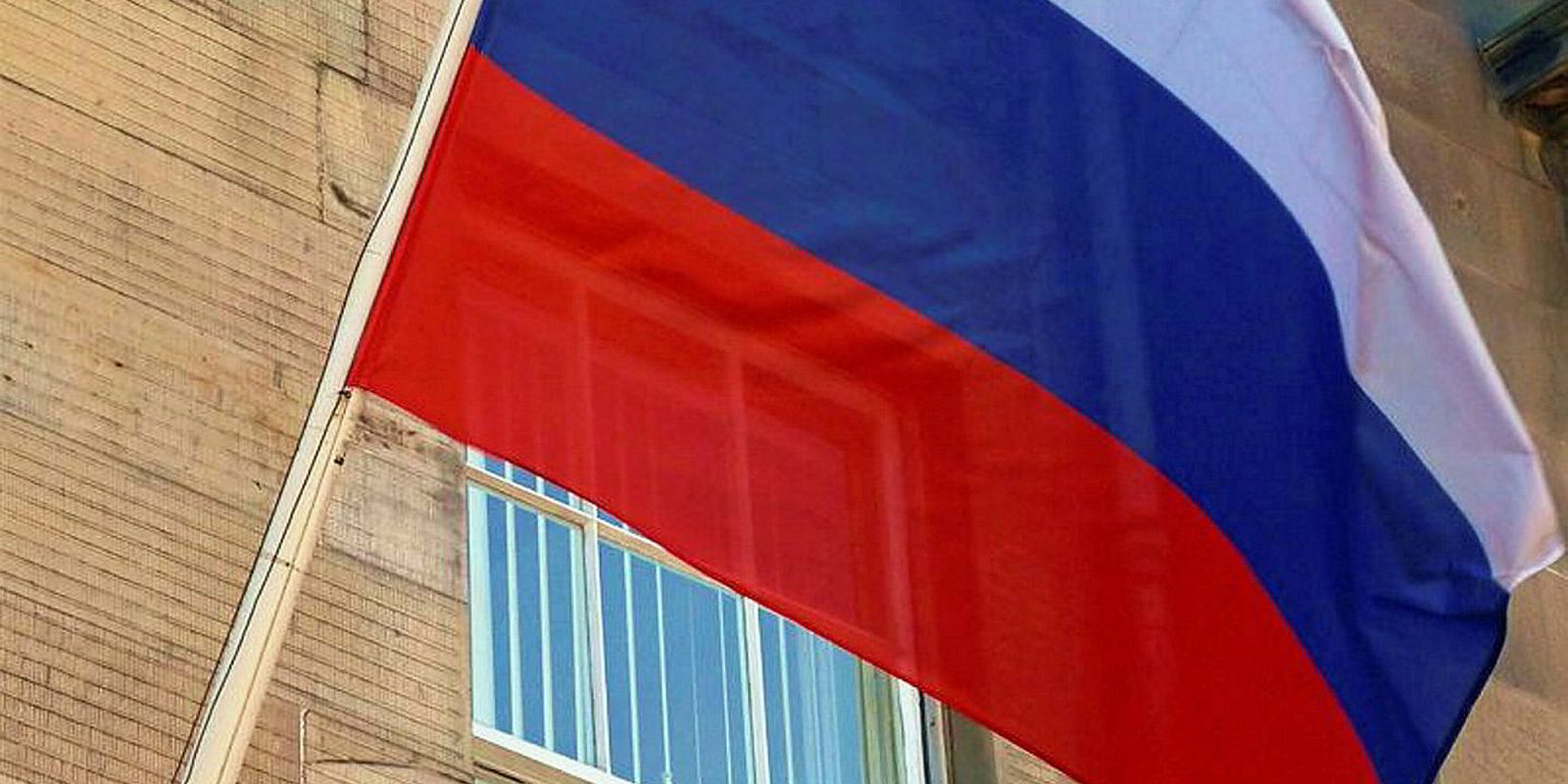The US government is calling on marine insurers to help identify sanctions-busting ships that trade to North Korea by making the continuous use of AIS a condition of cover.
An advisory note issued by the US Department of the Treasury’s Office of Foreign Asset Control (OFAC) outlines a series of “deceptive shipping practices” used by vessels delivering oil to North Korea and exporting coal.
The note says 263 tanker deliveries were made to North Korea last year in violation of sanctions, mostly via ship-to-ship (STS) transfers.
Topping the list of deceptive practices is disabling or manipulating AIS data while conducting STS transfers of oil in the East China Sea or Sea of Japan.
Oil smugglers also physically cover IMO numbers and the names of vessels to avoid identification.
Unmasking offenders
The OFAC is advising shipowners, oil companies and port state control to check the AIS history of vessels to make sure they are not routinely attempting to disguise their positions.
The key US agency governing sanctions says insurers should “consider inserting contractual language that states that disabling or manipulating AIS is an indication of potentially prohibited activity and is grounds for investigation, which could lead to revocation of services if illicit activity is discovered”.
The OFAC also says protection and indemnity insurers should include an “AIS switch-off clause” to cover, and conduct AIS screening of vessels known to operate illegally in STS transfer regions.
Insurers in the Asian region are starting to take note.
The Hong Kong War Risk Syndicate said it is deploying satellite company Polestar’s PurpleTrac service to identify vessels that turn off their AIS.
A clause stating “Warranted AIS not to be turned off and to continuously operate” has also been added to the cover.
STS transfers
The OFAC has identified 28 tankers that it believes are involved in illegal STS transfers and 49 vessels involved in exporting North Korean coal from the Gulf of Tonkin.
Among the tankers identified are ships using the Panama, Russia and Singapore flags, as well as classification services of the International Association of Classification Societies.






